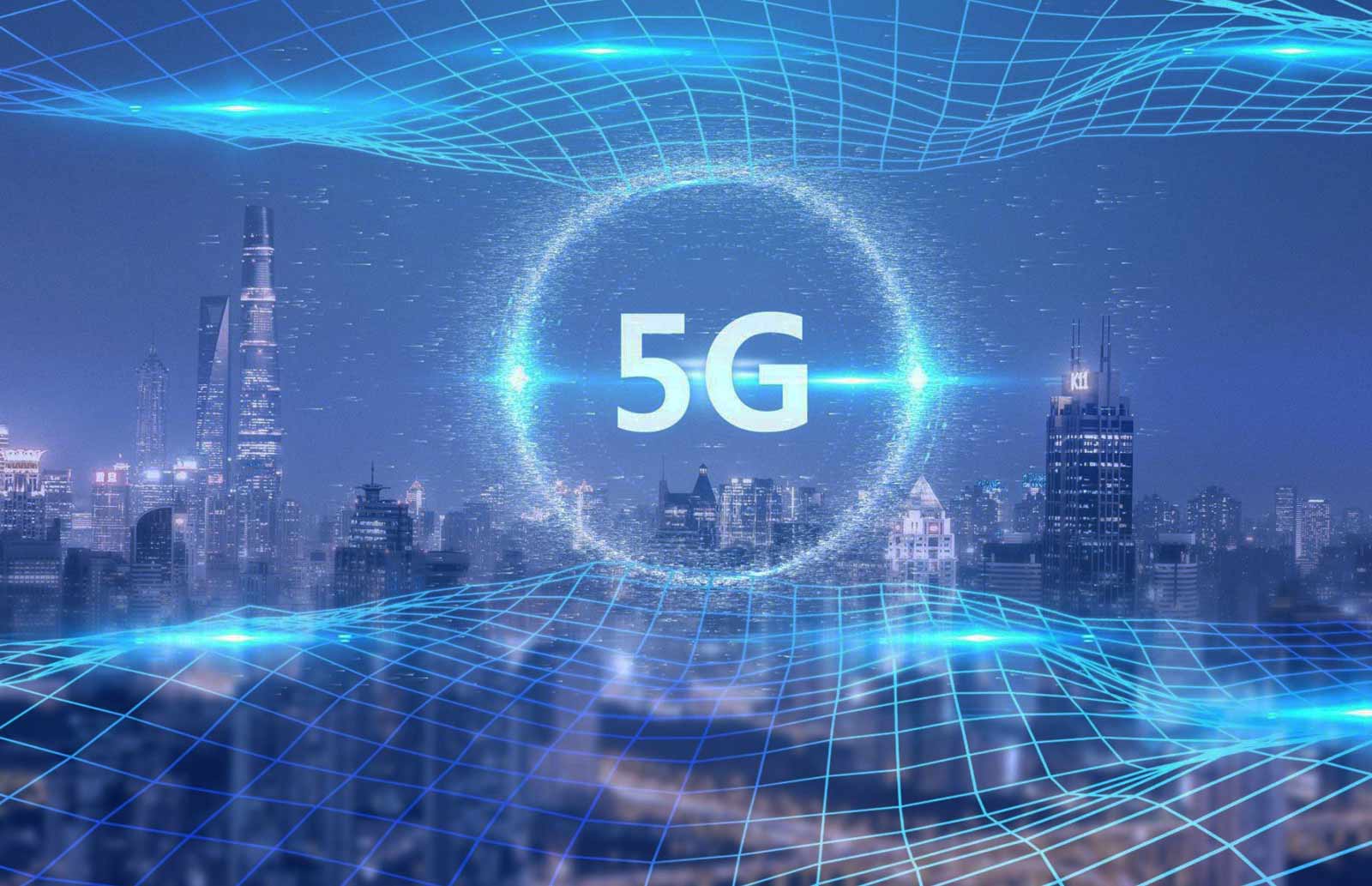The advent of 5G technology is poised to revolutionize the business landscape, offering unprecedented connectivity, speed, and capabilities. In this blog post, we’ll delve into the pivotal role of 5G in driving business innovation and ushering in a new era of possibilities.

1. Faster and More Reliable Connectivity
5G offers significantly faster data speeds and lower latency compared to its predecessors. This enhanced connectivity empowers businesses to transmit and receive data in real-time, enabling applications that were previously unattainable. Industries such as healthcare, manufacturing, and autonomous vehicles benefit from ultra-low latency for critical operations.
2. Internet of Things (IoT) Revolution
5G is the linchpin of the IoT revolution. It enables the seamless connection of a vast number of devices, sensors, and machines. Businesses can leverage IoT for real-time monitoring, predictive maintenance, and data-driven decision-making. This is particularly valuable in logistics, agriculture, and smart cities.
3. Remote Work and Collaboration
The COVID-19 pandemic accelerated the adoption of remote work. With 5G, remote teams can collaborate effortlessly through high-quality video conferencing, virtual reality (VR) meetings, and cloud-based applications. This boosts productivity and allows businesses to tap into a global talent pool.
4. Edge Computing Power
5G complements edge computing, which processes data closer to the source. This is instrumental in supporting real-time applications like autonomous vehicles and smart manufacturing. Businesses can harness edge computing and 5G for faster insights and more responsive operations.
5. Augmented and Virtual Reality (AR/VR)
5G’s low latency and high bandwidth open the door to immersive AR and VR experiences. Businesses can use AR/VR for training, product visualization, and customer engagement. Industries like real estate and education benefit from virtual tours and interactive learning.
6. Enhanced Customer Experiences
5G enables businesses to offer rich, interactive customer experiences. For example, retailers can deploy augmented reality apps that allow customers to visualize products in their own spaces. Enhanced connectivity also supports quicker, more seamless e-commerce transactions.
7. Smart Manufacturing
In the manufacturing sector, 5G facilitates real-time monitoring and control of machinery and processes. This leads to greater efficiency, reduced downtime, and improved product quality. Businesses can implement predictive maintenance and quality control with ease.
8. Healthcare Transformation
Telemedicine and remote patient monitoring rely on 5G’s robust connectivity. Healthcare providers can offer virtual consultations, monitor patients’ vital signs remotely, and access large medical data sets for research and diagnostics.
9. Environmental Sustainability
5G can contribute to environmental sustainability by enabling smart grids and efficient resource management. Industries can optimize energy usage, reduce emissions, and minimize waste through IoT and data analytics powered by 5G.
10. Enhanced Security
With the proliferation of connected devices, security becomes paramount. 5G networks come with advanced security features, including network slicing and enhanced encryption, safeguarding business data and operations.
Conclusion
5G technology is a game-changer for businesses across industries. Its role in enhancing connectivity, enabling IoT, supporting remote work, and driving innovation cannot be overstated. As businesses continue to embrace digital transformation, those that leverage the full potential of 5G will be at the forefront of innovation, competitiveness, and growth in the digital age.



